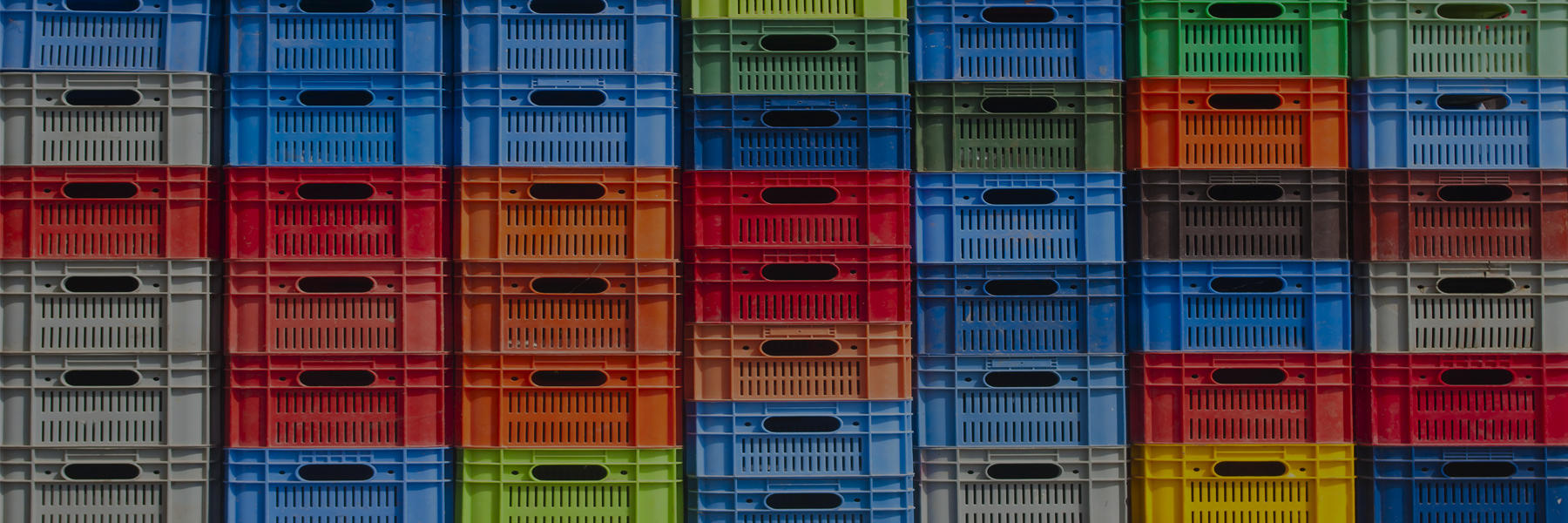METRO is a global retail and wholesale group, based in Germany, whose mission is to become a leading, global, multi-channel wholesaler, by setting tomorrow’s standards for absolute customer focus, practice-oriented digital solutions and sustainable business models.
Many of the countries in which METRO provides food delivery service use its own off-the-shelf transport management system (TMS) to fulfil deliveries. The web interface offered by METRO gives the route planners a means to integrate with multiple systems, to visualise the driver route plans and information about the delivery vehicle. The aim is to ensure that orders are delivered to customers within their preferred time window and in the most cost-efficient manner for METRO.
Thoughtworks partnered with METRO.digital’s Transport Management team, who faced the challenge of maintaining separate interfaces with all of the disparate systems used across different countries. As more and more countries were brought onboard over time, the risk of additional maintenance overhead and costs increased.
The Transport Management team’s mission was to become the single tool of choice for transport planning for the countries in which the METRO Food Service Delivery business operates. They wanted to offer a uniform solution to replace the separate TMS solutions with a single one, that would fit all of the countries’ needs. In a nutshell, by using a single standard solution METRO aimed to introduce a centralised solution that provides customisable features, reduces planning time for the tour planners and, at the same time, reduces the licensing, operating and maintenance costs.
Having an intuitive interface, fully automatic planning and optimization capabilities, while ensuring 99.95% availability was the most important goal of our solution. Working together with Thoughtworks, we delivered a great solution for both METRO customers and the business itself.
Thoughtworks orchestrated the communication between end-users, METRO.digital stakeholders, and the TMS vendors to successfully launch the central platform. This approach had a direct impact on releasing the product in countries like Poland, where we facilitated going live on time, and adjusting the tool so that it fitted their needs.
From a technology perspective, one of the main challenges was inheriting a legacy codebase that was developed by multiple teams. The software was expensive to maintain, and it impacted the rate at which new features could be delivered to market. One of our main endeavors was to make Transport Management more independent from other teams, by extracting relevant functionality from a monolithic architecture into microservices. The decoupling work was undertaken alongside feature delivery and business as usual work, to ensure that our users were still getting the functionality they needed. This resulted in better feature delivery times, as well as clearer ownership of the systems and data in place.
After the technical decoupling, the next priority was to remove the need for country-specific external transport management systems. The goal was to reduce the work of the tour planner — taking it from an entire morning’s work to the click of a button. This was achieved by integrating with a single TMS that could address the needs of all the countries.
Initially, the transport management team was distributed across two locations, Düsseldorf (Germany) and Pune (India). As the product matured, METRO.digital’s internal team was added, and the project began transitioning to METRO.digital’s location in Romania. We designed and executed a transition plan that helped METRO.digital onboard the new team, ensuring that we passed on the necessary context, and identifying any areas where skills or capability had to be built.


















